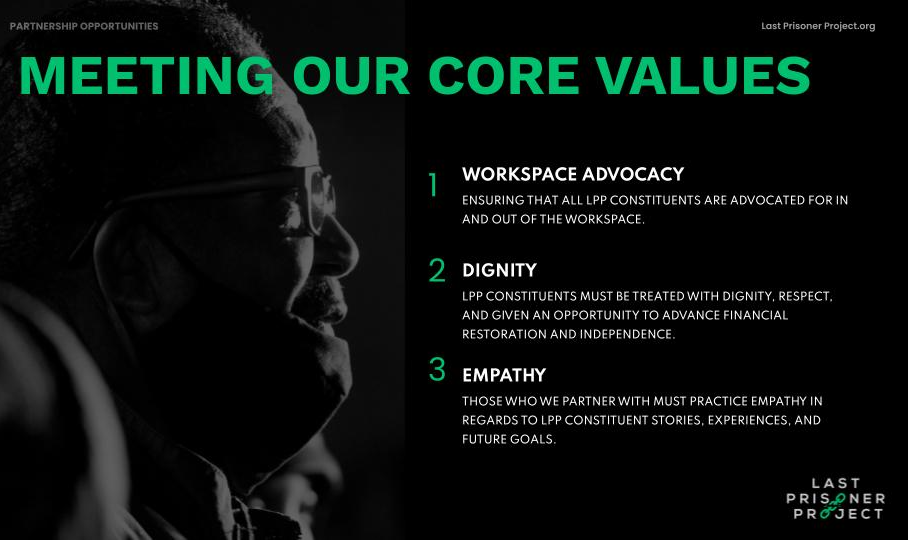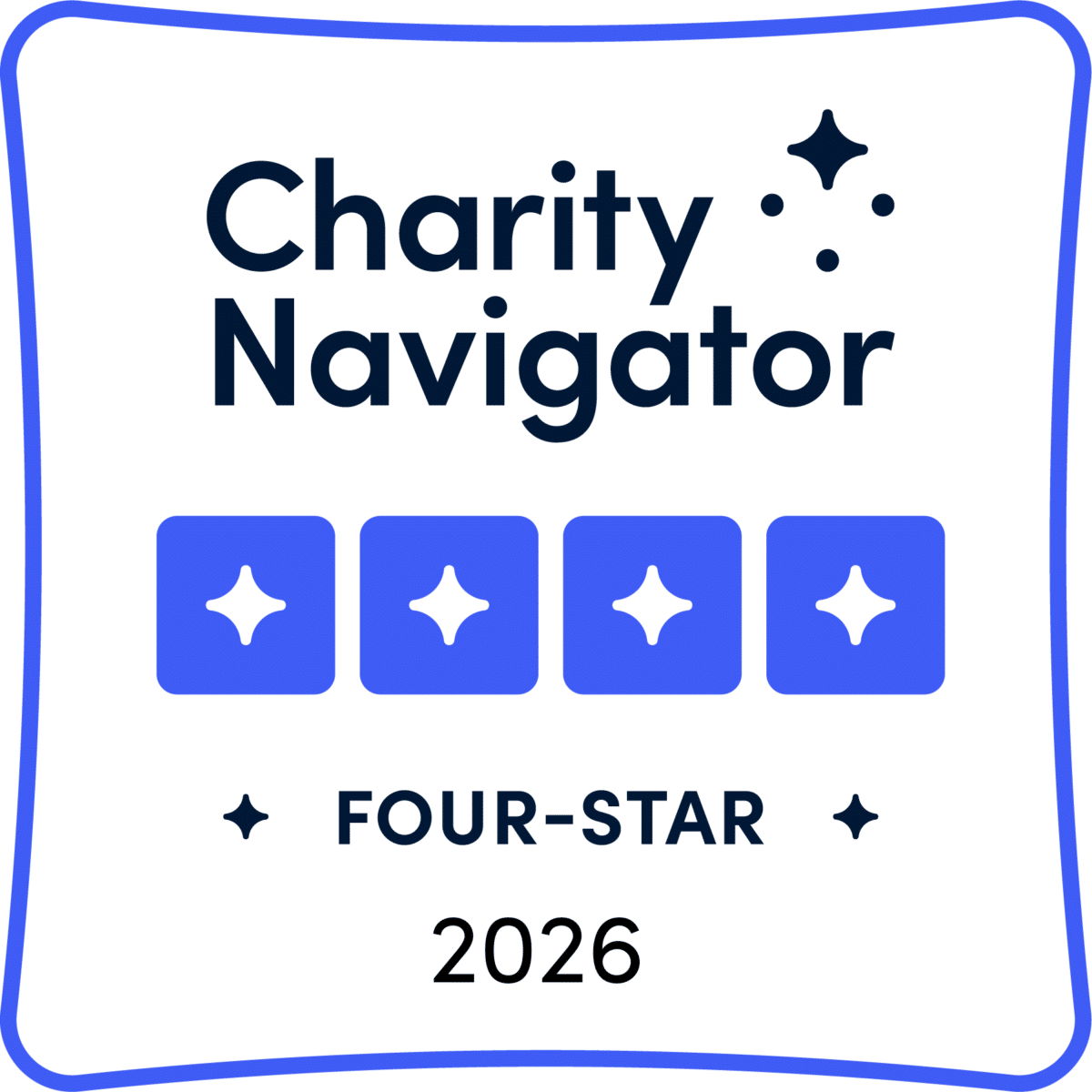Last Prisoner Project Launches Reentry Partnerships Program to Empower Cannabis Prisoners as They Return to Society

Cannabis criminal justice reform nonprofit Last Prisoner Project (LPP) utilizes a three-pronged approach of release, record clearing, and reentry to secure full freedom for the communities we serve. LPP's reentry resources are focused on ensuring that our constituents have the tools and support they need to successfully rebuild their lives as well as create pathways to employment within the legal cannabis industry.
“We can't just open the prison gates to opportunity for those who are directly impacted,” said Last Prisoner Project’s Senior Impact Strategist Michael Deegan-McCree. “We also need to give those who are impacted the tools to walk through those gates.”
To date,
LPP’s Impact & Re-entry Team has distributed approximately $750,000 through our Micro-Grant initiative. These grants provide assistance for housing, education, court fees and other services that help cannabis prisoners rebuild their lives upon release. You can learn more about the impact the
LPP team has created to date
here. Today,
LPP is launching the
Reentry Partnerships Program which includes our new Ready to Hire, Computers for Constituents, and Premier Community Engagement Partnerships Initiatives.
You can learn more about
LPP’s
Reentry Partnerships Program and the recently launched initiatives below. Sign up for more information and to become a partner
here.
Ready to Hire
The Ready to Hire initiative invests in Last Prisoner Project constituents by providing them the tools necessary to succeed in a competitive career market by helping them develop a professional portfolio by connecting them with professional mentorship fellowships and career opportunities.
LPP partners with locally-led, impacted organizations that specialize in reentry opportunities for impacted-individuals to create more pathways to employment.
LPP recently partnered with with
40Tons on their
'Canna Get a 2nd Cannabis Career Conference'
which garnered over 300 attendees. We encourage both those who are impacted and organizations interested in fair chance hiring to take part in these career conferences.
The next career fair takes place on April 16th in Oakland, CA;
Register here!
Ready to Hire
also builds career readiness by partnering with organizations willing to invest in the professional development of
LPP’s constituents by supplying resources such as resume guidance and paid fellowships/mentorships, and
LPP
recently launched a partnership with
BrandResumes
to provide constituents access to a career development fellowship.
Computers for Constituents
Individuals incarcerated for cannabis face barriers when accessing digital services.. This program serves to provide computers and other electronic devices for LPP constituents to use both in the hiring process and in their future workplaces.
Premier Community Engagement Partnerships
Reentry partners often feel that their organizations have the capacity to provide intentional support by creating exclusive initiatives of their own. LPP's community engagement partnerships initiative challenges those organizations to create their own programs that Last Prisoner Project can support in collaboration.
For questions or more information regarding
LPP’s Reentry Partnerships Program, you can contact Sr. Impact Strategist Michael Deegan-McCree at
michael@lastprisonerproject.org.
About Last Prisoner Project:
The Last Prisoner Project (LPP) is a nonprofit organization dedicated to cannabis-related criminal justice reform. As the United States moves away from the criminalization of cannabis, giving rise to a major new industry, there remains the fundamental injustice inflicted upon those who have suffered under America’s unjust policy of cannabis prohibition. Through intervention, advocacy, and awareness campaigns, the Last Prisoner Project works to redress the past and continuing harms of these inhumane and ineffective laws and policies. Visit www.lastprisonerproject.org or text FREEDOM to 24365 to donate and learn more.
You can read and share our full press release here.






